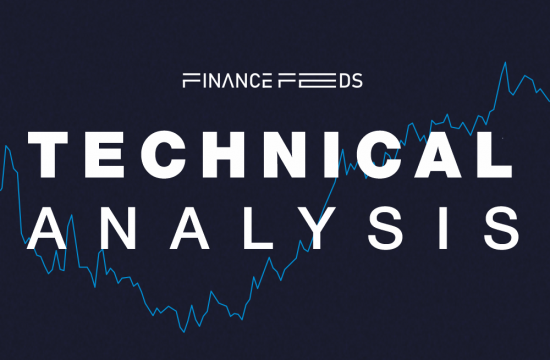“High-rate, high-inflation environments can be painful, so it’s no wonder investors are shifting their priorities.”

Social trading paltform eToro has released its quarterly Retail Investor Beat, which revealed retail investor confidence has fallen, but 61% are still confident in their portfolios.
The report adds that investors are more defensive, holding cash and looking at utility stocks, and are prepared to ride out storm, with 55% holding looking to hold investments for years or decades.
“We’re seeing some nervousness among individual investors”
The Retail Investor Beat for the Q4 2022 found that one in three (37%) retail investors in the U.S. are reducing the amount they invest to help cover the cost of rising household bills.
Callie Cox, US investment analyst at eToro, said: “We’re seeing some nervousness among individual investors. Some are tactically preparing for a recession through their sector preferences, and others are pulling back on investing to cover higher bills. High-rate, high-inflation environments can be painful, so it’s no wonder investors are shifting their priorities.”
“Still, the resiliency of retail investors has been admirable. This is a battle-tested market, and that can matter as we head into chapter two of this bear market. Investors are less confident, yet they’re still planning to invest more in the fourth quarter, showing that there may be some hope building near the lows.”
37% are cutting back, 33% are waiting, 30% are shoring up emergency savings
In the last three months, 31% of retail investors reduced the amount of money going into investments in the last three months. At the same time, retail investor confidence fell by 8 percentage points since last quarter, from 69% in Q2 to 61% in Q3.
While one in three (37%) of retail investors are cutting back on investments to pay for rising household bills, 33% are building cash to invest when markets look better and 30% are shoring up emergency savings.
Despite worsening market conditions eating into confidence, those looking to reduce the amount they invest in Q4 is expected to ease to 21%, with 79% either planning to invest the same amount of money or more over the next three months – suggesting retail investors are feeling less bearish about Q4.
Inflation remains the biggest concern for retail investors for the second quarter in a row, with 28% citing it as the main risk to their portfolios, followed by the state of the US economy (24%).
Retail investors’ defensive stance shows cash holders rising from 42% to 64%
The more defensive stance translates in those holding cash jumping from 42% to 64% in a year, while the number of investors holding utility stocks rising 5 percentage points in the next three months (to 49%).
Retail investors with money allocated to the financial services and industrial sectors (both typically cyclical and non-defensive) are set to drop from 63% to 59%, and 49% to 46% respectively.
Still, the majority of retail investors have a long-term mindset and only 3% identify as day traders. Supporting this, almost half of respondents highlight securing long term financial security as their main goal for investing.
“Investors are leaning on time because it’s their most powerful advantage, especially in markets so far from their highs. Bear markets depend on perspective. To short-term investors, they can be a good reason to seek safety. But for those with time on their side, bear markets are just quality names at discounted prices. Retail investors are becoming more educated and agile with their investments, and they’ve fared impressively well in this bear market. Investing conditions could stay tough, but some are starting to see some light at the end of the tunnel”, Cox added.












